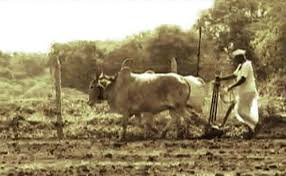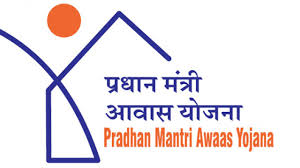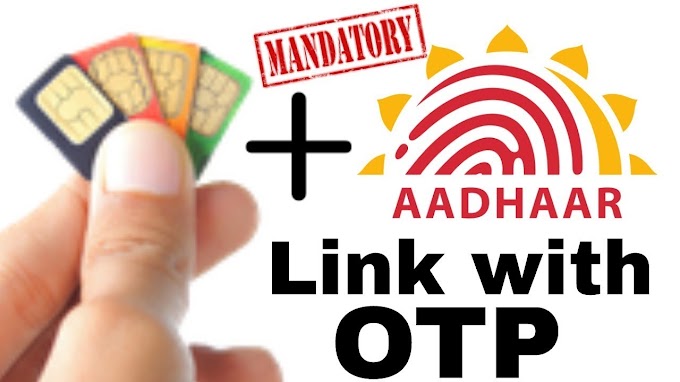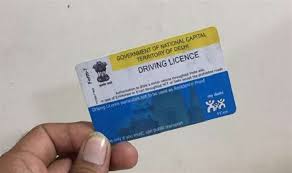Abolishing old drone approvals
To begin with, the Drone Rules 2021 are abolishing a number of approvals that were previously mandated before an individual could apply for a drone licence. As a result, an applicant for a drone licence will no longer need to supply a drone’s unique authorisation number, unique prototype identification number, certificate of conformance and certificate of maintenance before applying for a permission and licence to own and operate a drone in the Indian airspace.
Applicants will also no longer be required to produce operator permit approval, and other documents such as letter of approval of the respective drone R&D organisation, student remote pilot licenses, remote pilot instructor authorisations, drone port authorisations and any further documents for import permits of drone components, in order to own and operate a drone in India.
Easing drone application process
The new Drone Rules 2021 crucially claim to ease the entire drone application process. To this end, the new Rules clarify that the total number of forms and permissions required to obtain a drone licence in India are being reduced from 25 to five. Applicants will not be required to obtain additional security clearances prior to drone registration and issuance of a drone pilot’s licence. The new Rules also claim that the permission fee for a drone will be reduced to “nominal levels”, going forward.
Setting up for commercial drone usage
Alongside relaxing the multiple complex approvals that were previously required, the new Drone Rules 2021 also bring drones with payload capacity of up to 500kg under its fold. The new Rules therefore include heavy payload drones, and as the new Rules specifically mention, ‘drone taxis’. This move shows clear intent from the central government to increase commercial usage of drones in India, especially in areas such as unmanned e-commerce deliveries to usual as well as previously unserviced areas.
The Rules also explicitly propose the creation of a dedicated drone corridor for cargo deliveries, affirming the central government’s intent in this space. Businesses are also being catered for under the new Rules, which states that a new Unmanned Aircraft Systems Promotion Council will be set up in order to frame a “business friendly” regulatory regime, which will support the use of drones in freight transit.
Encouraging private drone users
The Indian government is clearly seeking to encourage more individuals to use drones, and to this end, the maximum penalty for violation of any of the new Drone Rules 2021 has been capped at Rs 1 lakh. The procedures for transferring and deregistering drones in India is also being eased, and the process to regularise existing drones in India is also being eased. For non-commercial usage, the new Drone Rules 2021 state that no pilot licences will be required for recreational or casual users, to own and operate nano- or micro-drones.
For such private drone users, the new Rules state, “Safety features like ‘No permission – no take-off’ (NPNT), real-time tracking beacon, geo-fencing etc. to be notified in future. A minimum six-month lead time will be provided for compliance.”
Aiming primarily at private users, the government has established a new platform, called the Digital Sky Platform. The latter will display an interactive airspace map, divided into red (no-fly), yellow (intermediate) and green (permissible) airspace zones. The yellow zone here has been reduced, from a previous parameter of 45km from a nearby airport, to within 12km of the airport now.
This move should further facilitate drone usage among private, creative and casual users. The platform will also work as a portal for online registration of all drones, further easing the application process for all users.
Training and certification control of drones
Going forward, the new Rules state that all drone training and examinations for pilots applying for licences will be issued by an authorised drone school. The Directorate General of Civil Aviation has been tasked with establishing training requirements, overseeing the performance of these drone schools and provide the drone pilot licences, which will be issued online.
The new rules further state that the Quality Council of India and its authorised certification entities are being tasked with issuing drone type certification, which will help users establish differences between nano-drones, micro-drones and more. This will be crucial to understand which drone pilots require licences to operate, which qualify as casual and recreational drones, and which fall under the commercial and regulated areas.
The Directorate General of Foreign Trade will regulate the import of drones in India, and finally, the new Drone Rules 2021 state that research entities looking to use drones for their projects will not be required to obtain drone type certificate, unique identification number, remote pilot licences or any other prior permission – hence liberalising the use of drones in India to a large extent.















